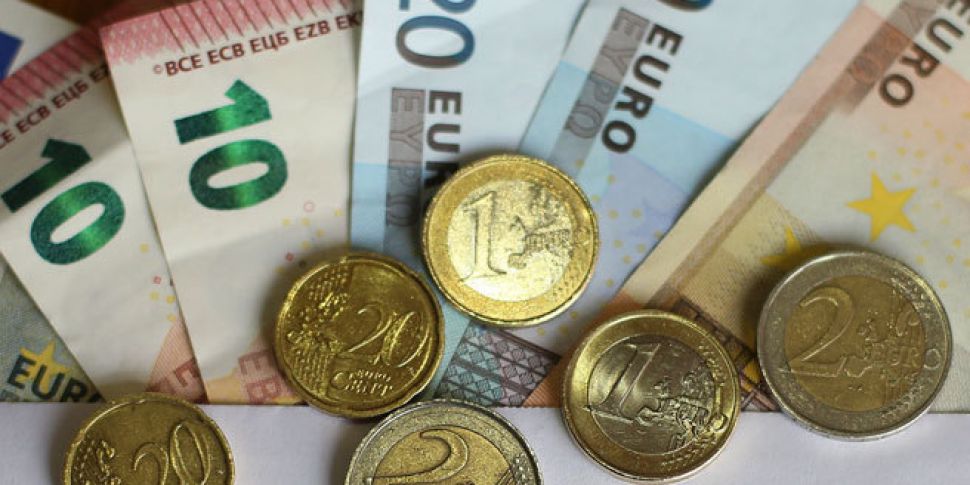Ireland's economy will continue to prosper, despite the seismic shift in global economic and political movements.
That's according to a new EY Economic Eye report which forecasts growth of 2.7% per annum over the next four years and that employment will continue to rise. The economy should expand by 3.1% this year and 2.9% in 2017. Though lower than the forecast published by the Economic and Social Research Institute (ESRI) last week, it still puts Ireland ahead of the rest of the EU. The ESRI believes that the economy will grow by 3.5% next year, though this is based on gross domestic product (GDP) growth productions, whereas EY looked at growth on gross value added.
EY predicts a boost in jobs in the retail, construction and ICT sectors – along with growth in consumer spending. Tens of thousands of new positions will have been created in sectors such as health, education, construction and IT by 2020.
The agricultural sector, however, is set to lose 10,500 jobs by 2020.
While Northern Ireland should avoid recession next year, economic growth will be just 0.5%. The rate of economic expansion in the North will increase by 1.2% in 2018 and 1.7% by the end of the decade. Some 6,000 Northern Irish jobs will be lost by 2020.
Neil Gibson, economic adviser to EY Economic Eye, says Brexit still poses a number of challenges:
"[There will be] real difficulties in terms of what's going to happen around the migration policy. What's going to happen around direct trade or commuting with the South. So the critical issues for the island is what happens to migration policy and what happens to the physical nature of the border. How they resolve that really matters more in fact than the tariff situation which – although important – is largely only really a significant factor in the agri-food sector."
Despite this, Gibson argued:
"That tough period of austerity being behind Ireland now means, as it heads into the new challenges, at least it's got a little bit of wiggle room within Government spending to provide that boost to offset the challenges. Which is a good place to be...
"There is almost no country in Europe that wouldn't swap for the growth that's being projected in Ireland in 2017.
"So although we might feel it slightly slowing down compared to what we've enjoyed in '15 and '16, nevertheless it'll still be a growth rate that most other countries would be extremely envious of."









